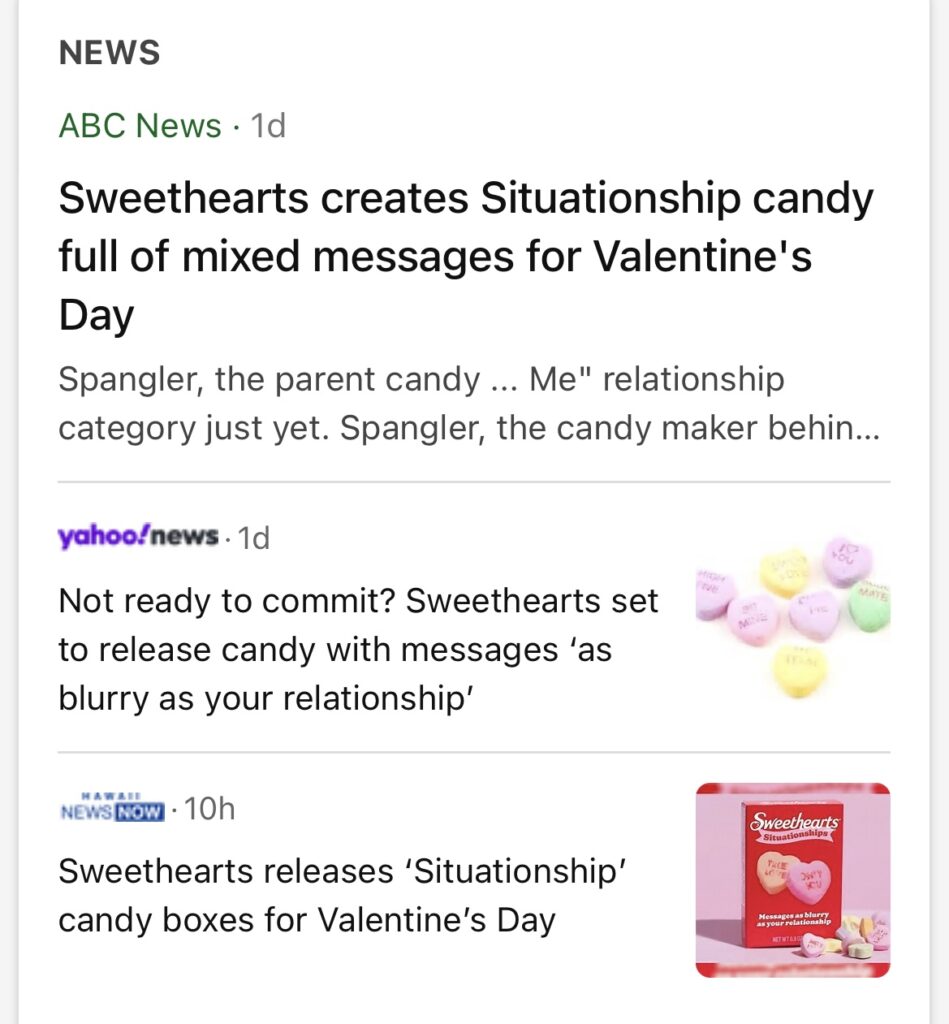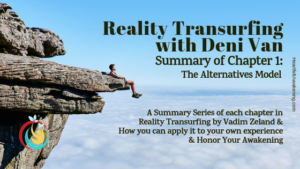As a professional linguist, I understand the significance of language and its impact on our daily lives. With the shift from traditional relationship to more fluid situationship, it’s important not to lose sight of the most crucial connection we have; the one with ourselves. Relationships vs. Situationships and how language shapes our perception of love.
Regardless of what we call these connections, be it relationships or situationships, they all require effort and attention. However, before we can invest in any external bond, we must first cultivate a healthy relationship with ourselves. This means taking time for self-reflection and understanding our own needs and desires.
In today’s fast-paced world where instant gratification is often prioritized over genuine human connection, it’s easy to get caught up in superficial situationships that don’t fulfill us emotionally or spiritually. But by investing in ourselves first and foremost, we can set boundaries that honor our worth and attract fulfilling relationships/situationships into our lives.
Feeling lost amidst the shift from Relationships vs. Situationships
So if you’re feeling lost amidst this shift towards situational connections or simply seeking deeper fulfillment within your current relationships/situationships, start by focusing on yourself! By doing so, you’ll create a strong foundation for all future connections to come.
With dating apps and social media making it easier than ever to connect with others, navigating modern romance can be tricky. Enter situational relationships; an increasingly common way for people to explore their feelings without committing fully. How to best to navigate these unique connections?
In today’s world, traditional relationships are no longer the only option. Enter situationships; a term that describes an undefined and often casual relationship between two individuals. But why do we need new language to describe these modern connections?

Understanding the need for new language in modern relationships and the evolution of relationships. And how language adapts to reflect societal changes. These changes show how language shapes our perception of love. The words we use to describe our romantic connections can greatly impact how we view them.
A Valid form of Love with Relationship vs. Situationship
While traditional relationship have long been seen as the norm, more people are embracing situationship as a valid form of love and connection. I love to explore how language shapes our perception of different types of romantic arrangements.
As tempting as it may be to jump into a situationship or any other type of relationship, it’s crucial to prioritize your own well-being first. It’s vital to build a strong foundation with yourself before entering any kind of romantic arrangement.
It’s important to prioritize your relationship with yourself before entering any situationship.
Society’s attitudes are changing towards love and romance. Language is not static but instead evolves alongside society’s changing attitudes towards love and romance.
Do you value how current trends such as self-love and individualism have led to the rise of situationships, and how language continues to reflect our shifting values? Leave your comments
This article was originally shared on Substack





